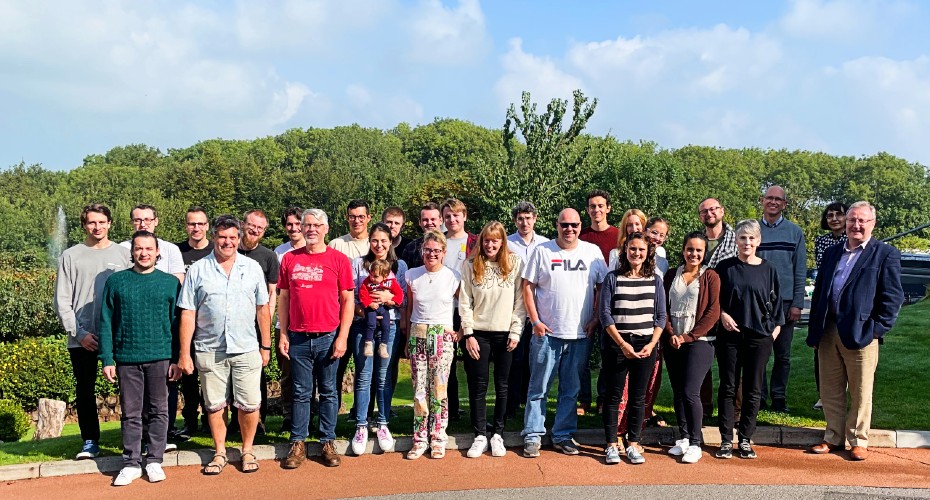What is a CDT?
CDTs have been one of the routes through which UK Research and Innovation (UKRI) has supported PhD programmes. The WISE CDT has been funded through EPSRC, the principal UK government agency funding research and training in engineering and physical science disciplines. EPSRC-funded CDTs have brought together diverse areas of expertise to train engineers and scientists ‘in areas of national need’. The aim has been to equip students with the skills, knowledge and confidence to tackle evolving issues and future challenges.
CDTs offer the opportunity for universities to create new working cultures, build relationships between teams - both within and across institutions - and forge lasting links with industry. CDT students are fully funded for the equivalent of four years’ full-time study. The first year gives a grounding in the research area and allows students to build expertise in their ‘home’ discipline, while developing the skills and knowledge to cross disciplinary boundaries. A formal programme of taught coursework develops and enhances technical knowledge and skills across a range of relevant disciplines. For the remaining three years, students develop their doctoral research, while continuing to join together as a cohort for CDT events and training courses, including technical and transferable skills training.
The benefits to students include:
- competitive stipends;
- an innovative, supportive and engaging student experience gained through training as a cohort;
- opportunities to engage in research collaborations with leading researchers across the CDT partnership;
- integral involvement of leading industry, business, government and other stakeholders in both training and research.
The WISE CDT was one of 115 centres funded through EPSRC’s 2013 CDT Call. The WISE EPSRC bid application cited recent reports by the Council for Science and Technology (2009), the Royal Academy of Engineering (2012) and the Institution of Civil Engineers (2012), highlighting a shortage of engineers and scientists in industries of national importance, including the energy, water, sanitation, communication and IT sectors. The stated aim of the WISE CDT was ‘to meet the growing need for training of a new breed of engineers and scientists - ‘hydroinformaticians’ - capable of working at the interface of traditionally separate informatics, science and engineering disciplines to manage the water cycle effectively and sustainably’. WISE sought to fill this skills gap ‘by offering a postgraduate programme that fosters new levels of innovation and collaboration and trains a cohort of engineers and scientists at the boundary of water informatics, science and engineering’, including linking with ‘other traditionally separate disciplines, which are relevant to sustainable water management, ranging from statistics to social sciences, geography, psychology and economics’.
The WISE CDT has been a partnership between the University of Exeter (the EPSRC training grant holder), the University of Bath, the University of Bristol and Cardiff University. EPSRC funding has been supported by resources from the WISE partner universities and external collaborators. The four WISE universities together comprise the GW4 Water Security Alliance, a research consortium that pursues a common vision of ‘addressing the impact of global change on water to benefit people and ecosystems’.

